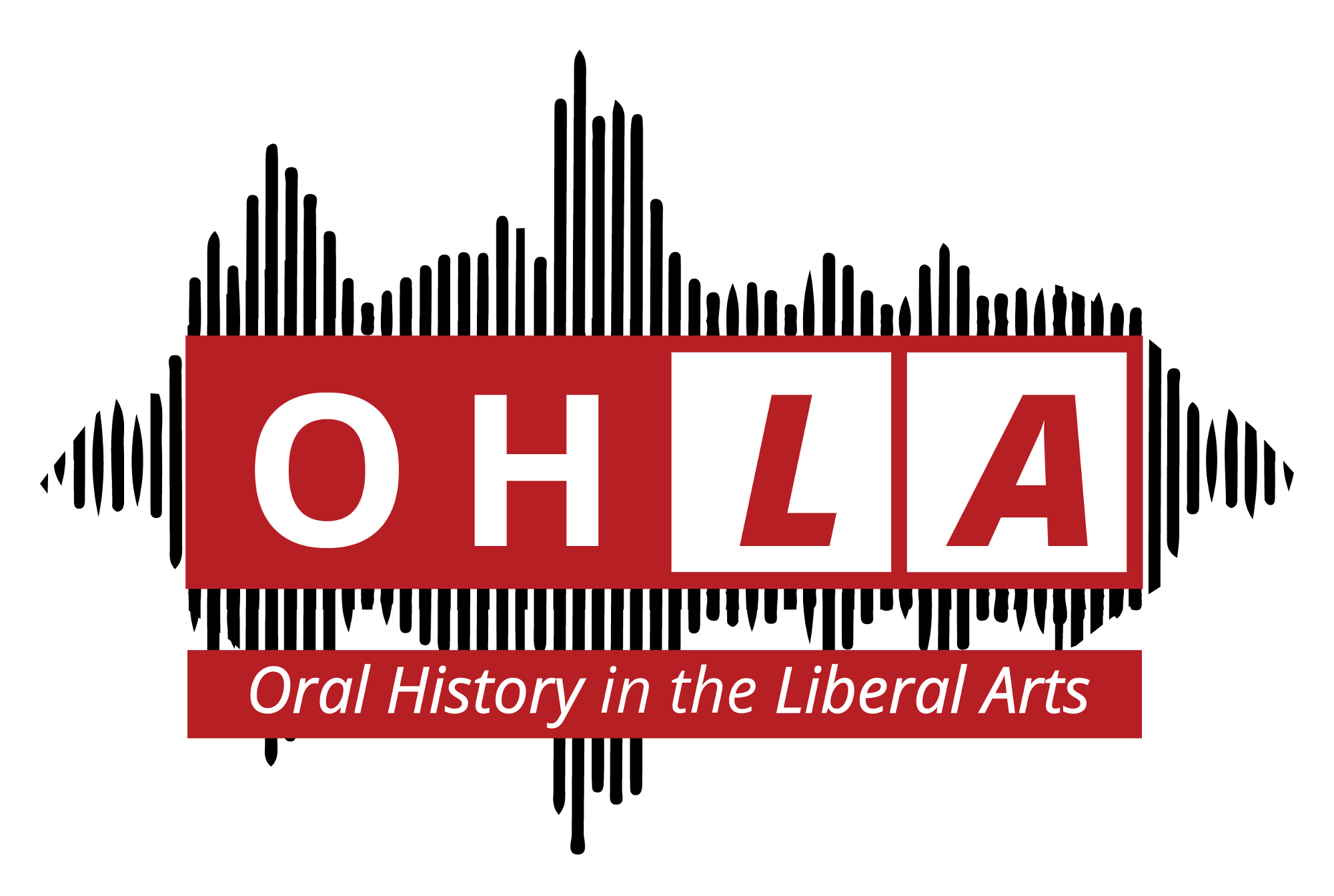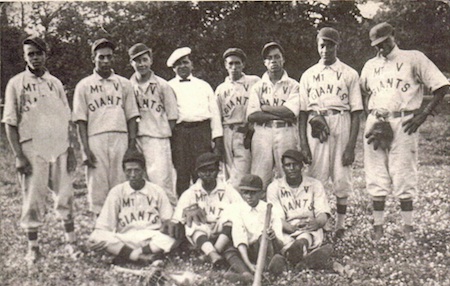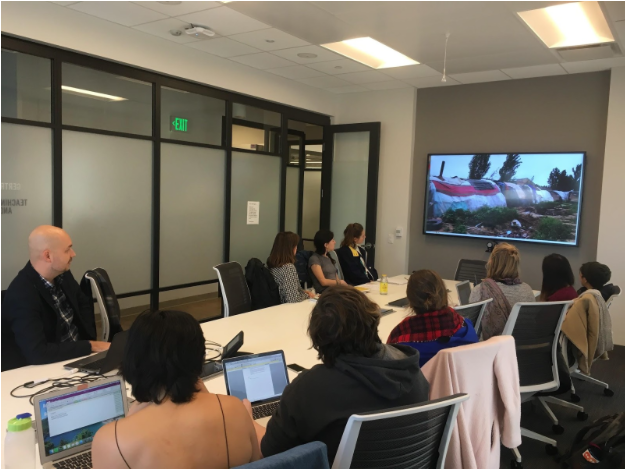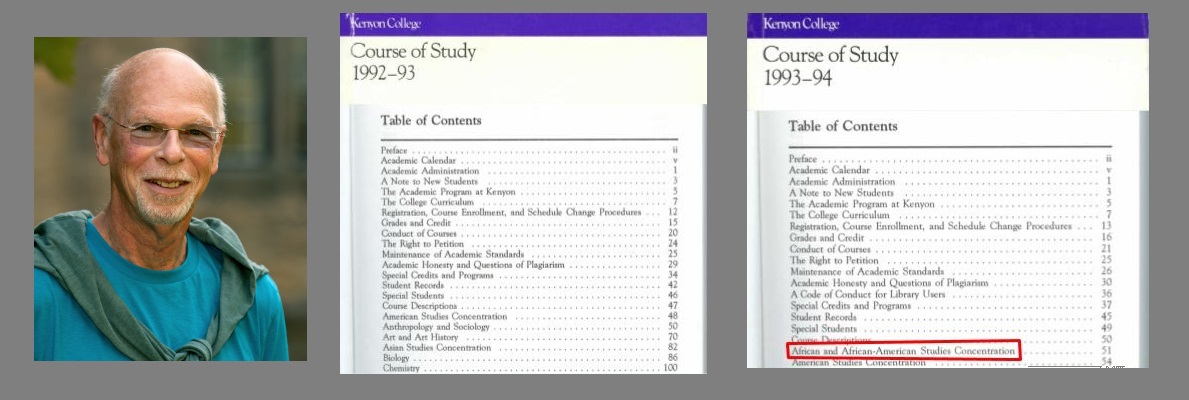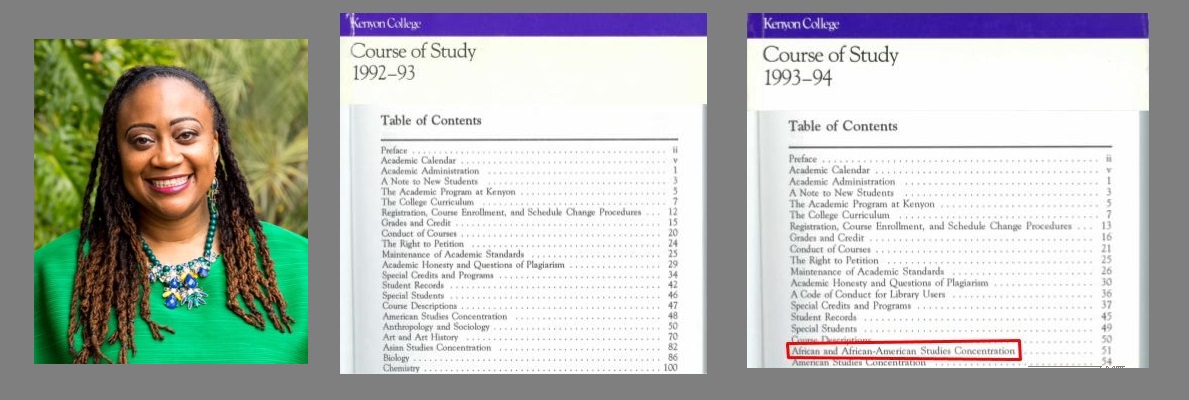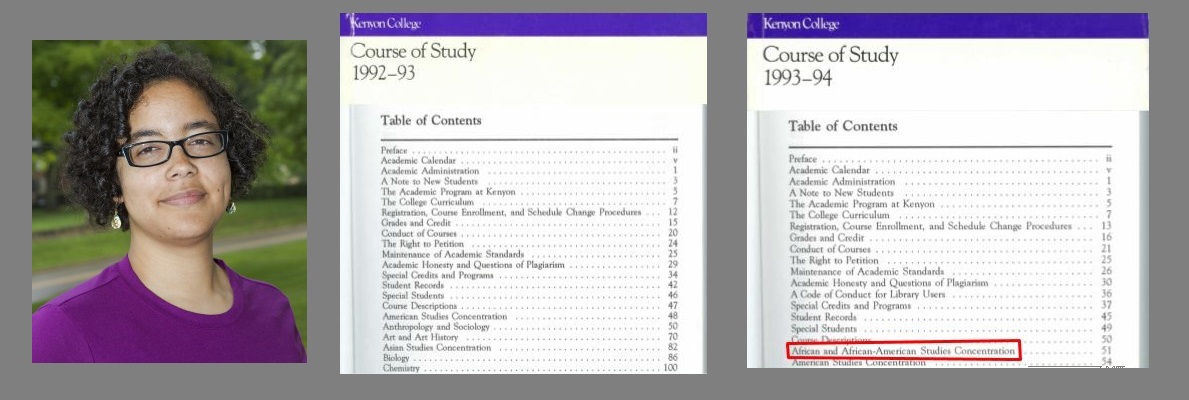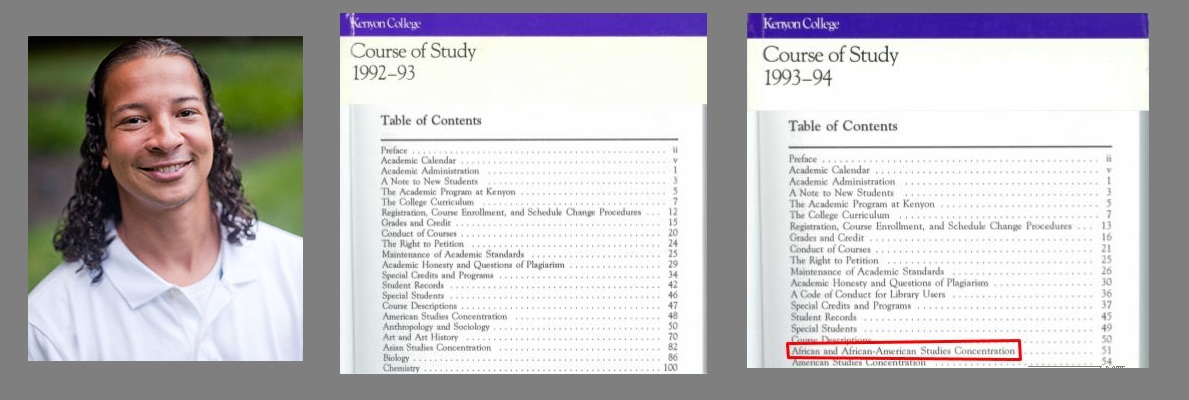I have the privilege and good fortune of serving with Brooke Bryan of Antioch College as co-director of the OHLA initiative. While approaching this program from the perspective of a sociologist as opposed to a more conventionally trained historian, I bring to this endeavor a background that includes designing and executing a community study that examined the experiences of African Americans living in rural Knox County, Ohio. Like many of the best collaborative projects that emanate from a partnership with and commitment to local participants, the “Community Within: The Black Experience in Knox County, Ohio” persists precisely because of the importance that it holds for the generations of people who derive both pride and benefit from its collection of artifacts as well as the delivery on the promise made to contributors to “help us tell the story.” From that relatively modest beginning has sprung a more comprehensive effort to encourage and support comprehensive examination of a wide range of seemingly isolated racial, ethnic, and cultural minority populations that make up the little known history of rural diversity in what is generally perceived as homogenous small town America.
Like most community studies, a significant portion of the fruits of such endeavors is the rich narrative that comes from and through the people who share the stories of their lives. One aspect of oral history that appeals to both scholars and non-academics is its utility for “giving voice to the traditionally voiceless” by providing a vehicle for including the perspectives and experiences of persons who otherwise are often left out of the literature about rural society. Since the principal narrators and interviewees in my projects are what I might affectionately refer to as “ordinary people,” oral history also has enhanced our capacity to democratize the documentation and retention of a community’s social history.
The methods and practice of oral history, what I tend to think of as “old school” approaches to knowledge acquisition, increasingly are being hailed as a part of the future of intensive academic discovery for students. It is a bit ironic that this long-established field of inquiry has become a part of the newly defined contemporary “high impact practices.” Those of us who have utilized these approaches have long known that they foster “deep learning,” both cognitively (information content acquisition) and affectively (with “meaning, attachment, and connection”). My goal as a teacher is not simply to get students to learn “stuff” but to have them come to know that the “stuff” they are learning can actually matter to them as well as to understand why it has such meaning. There is ample evidence to conclude that those students pursuing oral history projects benefit from the process of discovery and the relationships they form as much as they do from exposure to the content of the information they acquire to advance their understanding of the topic that is being studied. Establishing personal connections or investing personally in a project can foster the type of student engagement that may be at the heart of deep learning. Rather than exhorting my students to remain detached or removed from their research, I am not embarrassed to admit that I frequently tell my students that I want them to “care about” both what they learn as well as the journey they take to that learning.
By focusing upon the pedagogies of oral history, my task within the OHLA initiative is to encourage and support the development of collaborative projects between and among faculty, staff, students, and community members that feature the capture and collection of community narratives told in the voices of the participants. As a teacher-scholar of rural diversity, my goal is to advocate on behalf of “telling the stories” of members of these “communities within.” I can see no better way to accomplish the goals of teaching students effective qualitative research methodologies, guiding them to deeper learning outcomes, exposing them to community-based learning opportunities, and helping them appreciate the value of forming local partnerships in the towns to which they’ve come to be educated than by encouraging and supporting the development of oral history projects at liberal arts colleges throughout the region and beyond. Over the next three years, my OHLA role is to be a resource to campus projects that feature or incorporate oral history approaches in their curricular and co-curricular endeavors.
